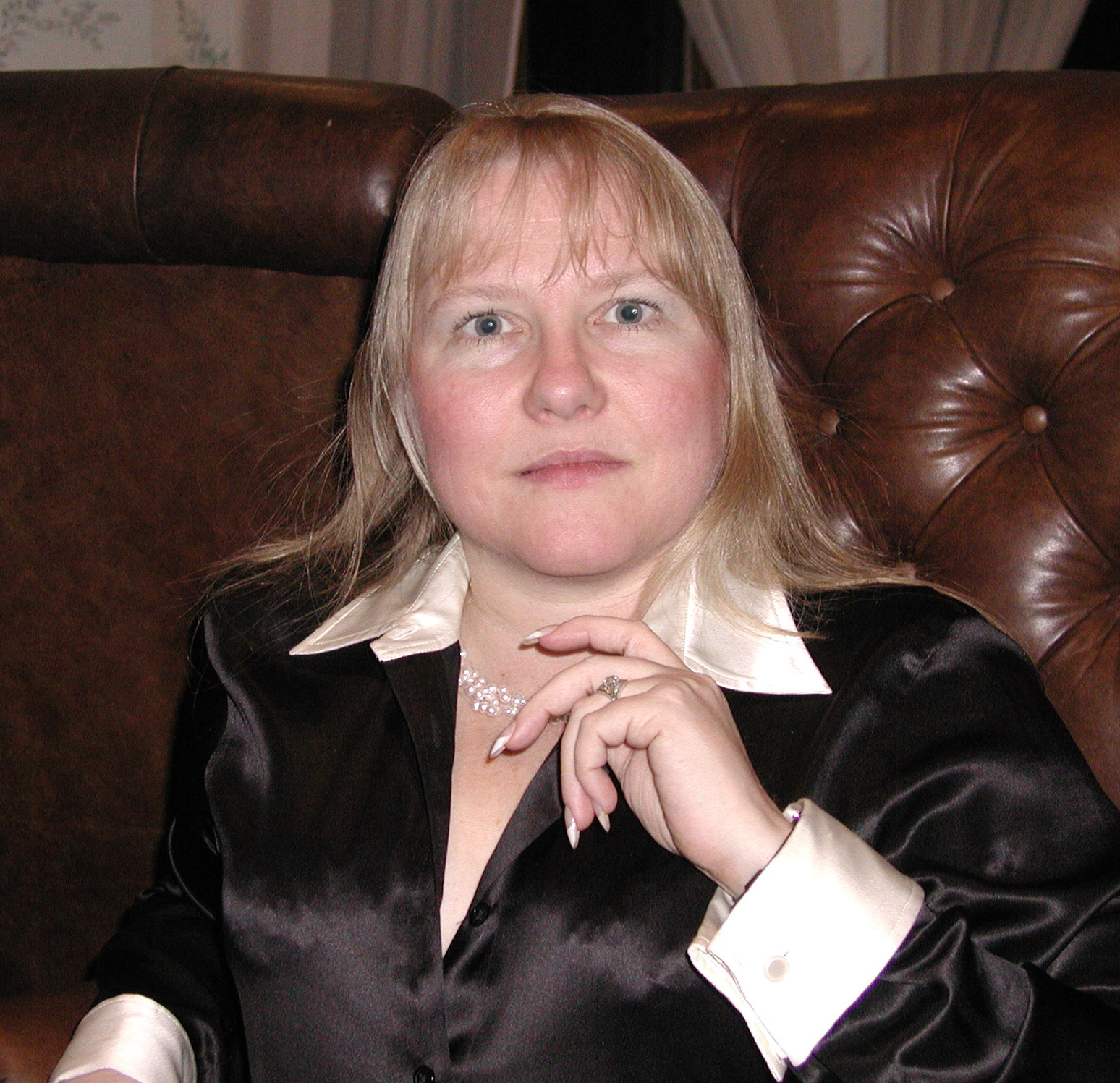Carley Honored With USGIF Academic Achievement Award
By Josh Quicksall
Kathleen M. Carley, Director of the Center for Computational Analysis of Social and Organizational Systems (CASOS) in the School of Computer Science’s Institute for Software Research, received the United States Geospatial Intelligence Foundation’s (USGIF) Academic Achievement Award as a part of the USGIF’s 2018 Symposium - GEOINT 2018 this week in Tampa, Florida.
Established in 2004, USGIF seeks to bring together government, industry, academia, professional organizations and individuals for the advancement of the geospatial intelligence tradecraft as it relates to national security. The USGIF Academic Achievement recognizes an individual, research project, academic program, or department that has made great strides in geospatial intelligence or a related field.
The USGIF points to Carley’s development of the theory of Dynamic Network Analysis (DNA); her work on social network analysis techniques; as well as her development of the geo-spatial dynamic social network analysis and visualization tool, ORA, as watershed contributions to the field.
“The theory of dynamic network analysis developed by Professor Kathleen Carley has enabled the development of a whole generation of geospatial network analysis and visualization tools,” the USGIF explains in their announcement of the award. “By supporting ORA and by training a vast number of researchers in the use of ORA, Dr. Carley has greatly facilitated this field. ORA allows students and researchers to explore multi-dimensional analysis and visualization techniques on many classes of data without having to write code.”
Dr. Carley’s ORA tool for high dimensional network analysis and visualization is used worldwide. It has been used in academy for scientific research, in disasters to assess response, in law enforcement for gang and drug interdiction, and at NATO for social media analytics.
A Fellow of IEEE, Dr. Carley is recipient of the Allen Newell Award for Research Excellence, the American Sociological Association (ASA) Lifetime Achievement Award, and the International Network for Social Network Analysis’ (INSNA) 2011 Simmel Award. She has also served as President of the North American Association for Computational and Organizational Simulation and of the Mathematical Sociology Section of the American Sociological Association.
